Green Tea Fibre Rich Spoons (pack Of 8)
From
$13.00
Shipping details coming soon…
From Crunch Cutlery. Free Shipping for orders above $39.
Made from 80% whole wheat and enhanced with Superfoods, each CRUNCH Whole wheat spoon has 2g of fibre – a whopping 8% of the daily recommended intake for dietary fibre. All in one tiny spoon!
Our CRUNCH Cutleries are designed to solve two of our biggest societal challenges: reducing plastic waste and eating more fiber and micronutrients.
Each CRUNCH Spoon is handmade and packed with Organic Chia, Golden Flaxseeds, and Desiccated Coconut to give you that nutritious boost.
With CRUNCH, you don’t have to worry about plastic waste when you crave desserts! Simply munch on your spoon after you are done with your snack!
From Crunch Cutlery. Free Shipping for orders above $39.
Made from 80% whole wheat and enhanced with Superfoods, each CRUNCH Whole wheat spoon has 2g of fibre – a whopping 8% of the daily recommended intake for dietary fibre. All in one tiny spoon!
Our CRUNCH Cutleries are designed to solve two of our biggest societal challenges: reducing plastic waste and eating more fiber and micronutrients.
Each CRUNCH Spoon is handmade and packed with Organic Chia, Golden Flaxseeds, and Desiccated Coconut to give you that nutritious boost.
With CRUNCH, you don’t have to worry about plastic waste when you crave desserts! Simply munch on your spoon after you are done with your snack!
Description
Nutritional Information
Wholewheat Flour
One of the main differences between whole wheat and white flour is the fiber content. Whole wheat flour naturally has the level of fiber found in wheat, while most of the fiber has been removed from white flour during processing. Fiber is an important part of your diet, as it prevents constipation, helps control blood sugar, wards off heart disease, and even assists in weight-loss management. Whole wheat flour is also rich in vitamins B-1, B-3, and B-5, along with riboflavin and folate. It also has more iron, calcium, protein, and other nutrients than white flour. When you are eating a low-calorie diet plan, it’s important that the calories you’re consuming are loaded with as many nutrients as possible.
Organic Chia Seeds
Despite their tiny size, chia seeds are one of the most nutritious foods on the planet. They’re loaded with fiber, protein, omega-3 fatty acids, and various micronutrients. Chia seeds are high in antioxidants that help protect the delicate fats in the seeds.
Golden Flaxseeds
Flax seeds are good sources of many nutrients. Their health benefits are mainly due to their content of omega-3 fats, lignans and fiber. Flax seeds are a rich source of the omega-3 fatty acid ALA. Plant-based ALA fatty acids are proven to have heart health benefits and are linked to a lower risk of stroke.
Desiccated Coconut
Desiccated coconut is an ideal source of healthy fat that contains no cholesterol and contains selenium, fiber, copper and manganese. One ounce of desiccated coconut contains 80% healthy, saturated fat. Selenium is a mineral that helps the body produce enzymes, which enhance the immune system and thyroid function.
Related products
Be the first to review “Green Tea Fibre Rich Spoons (pack Of 8)” Cancel reply
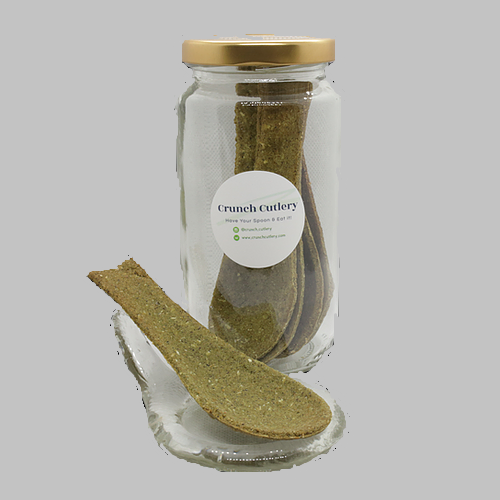

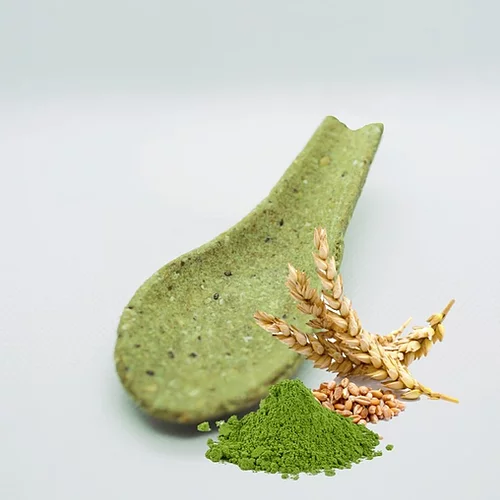












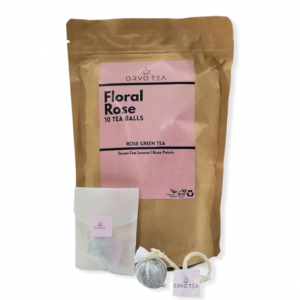
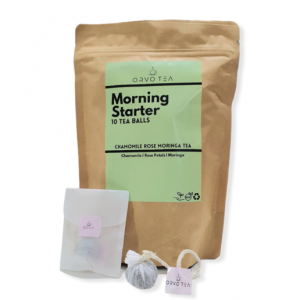
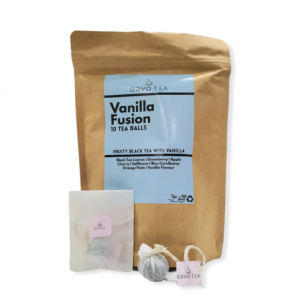
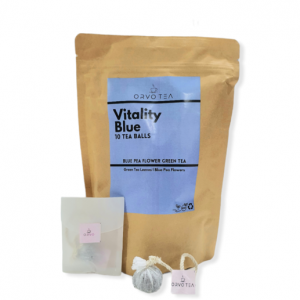
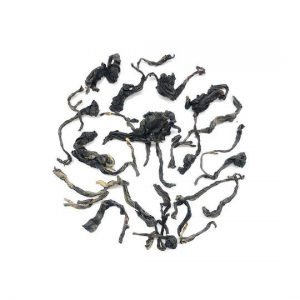
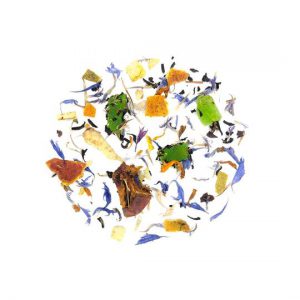

Reviews
There are no reviews yet.